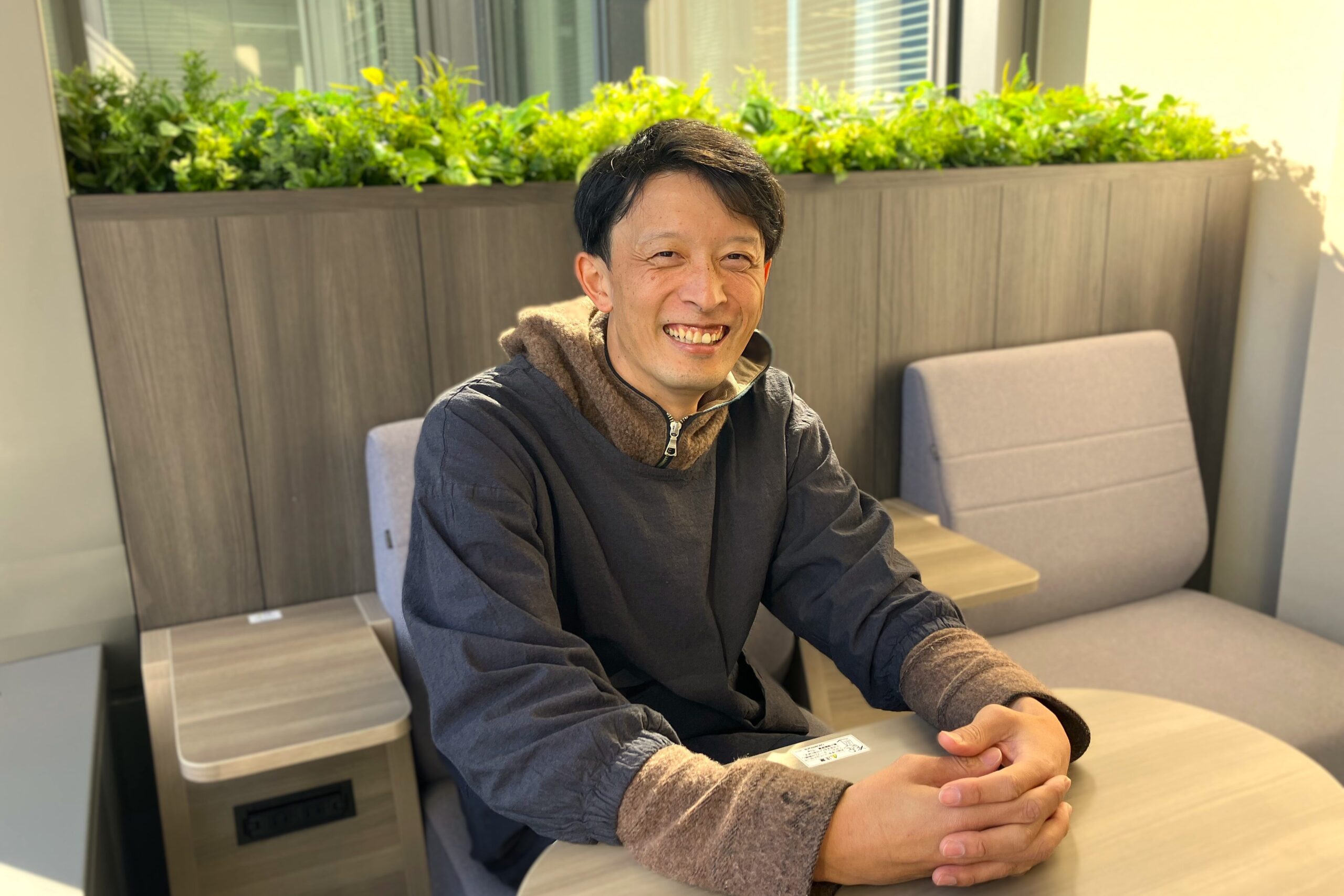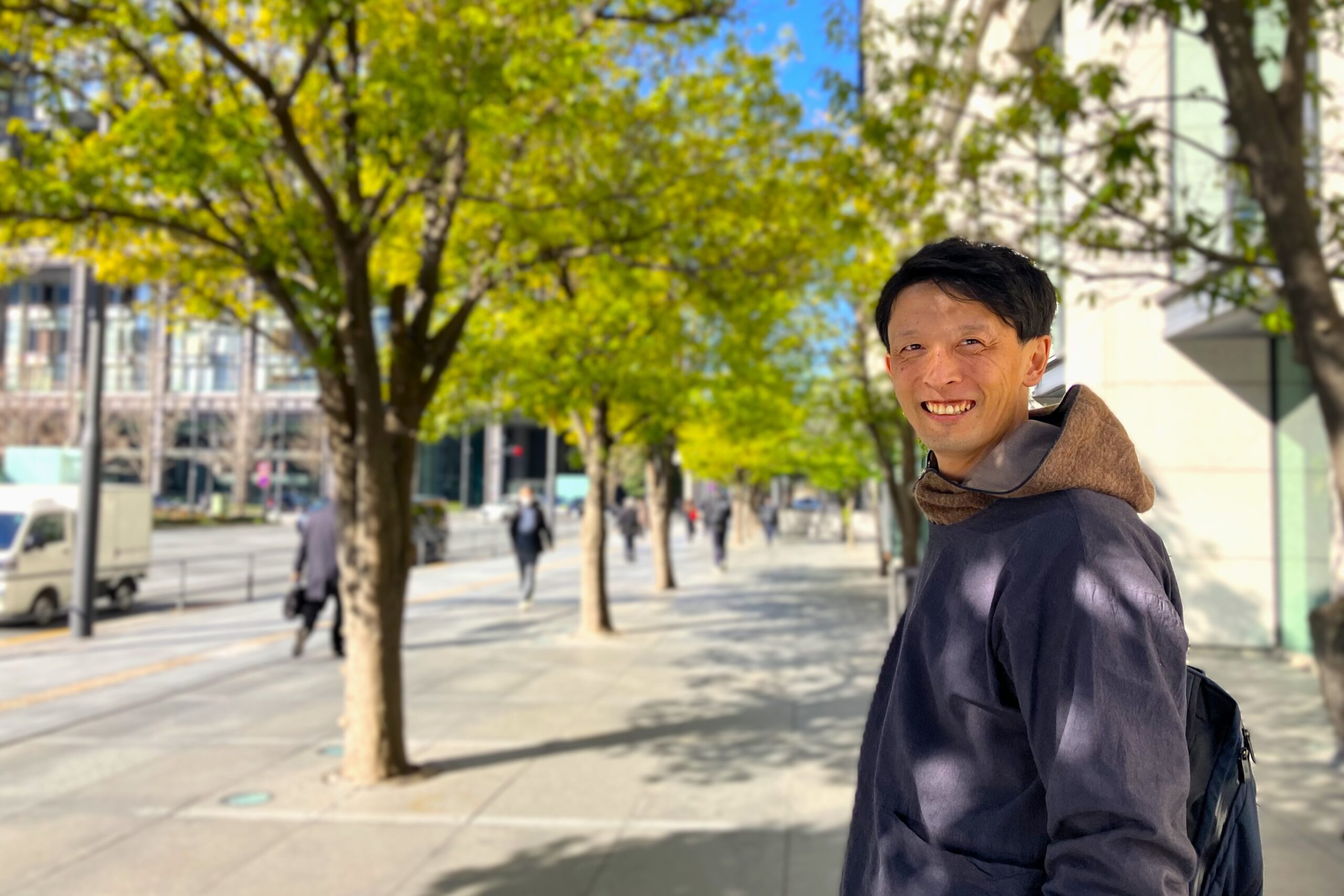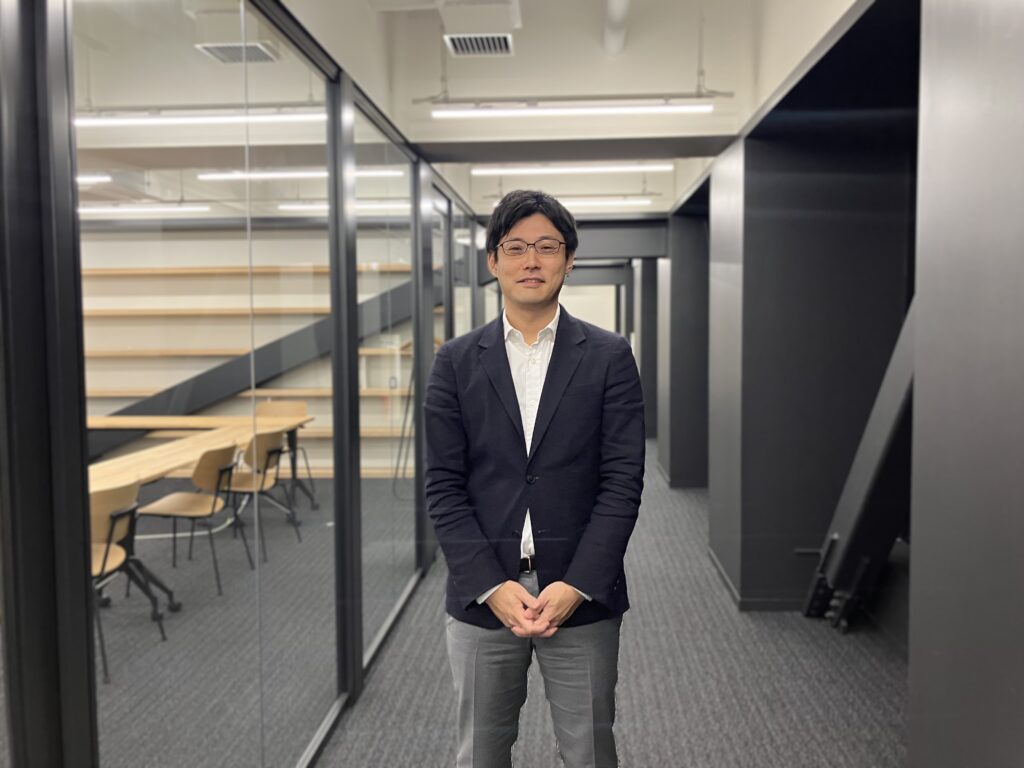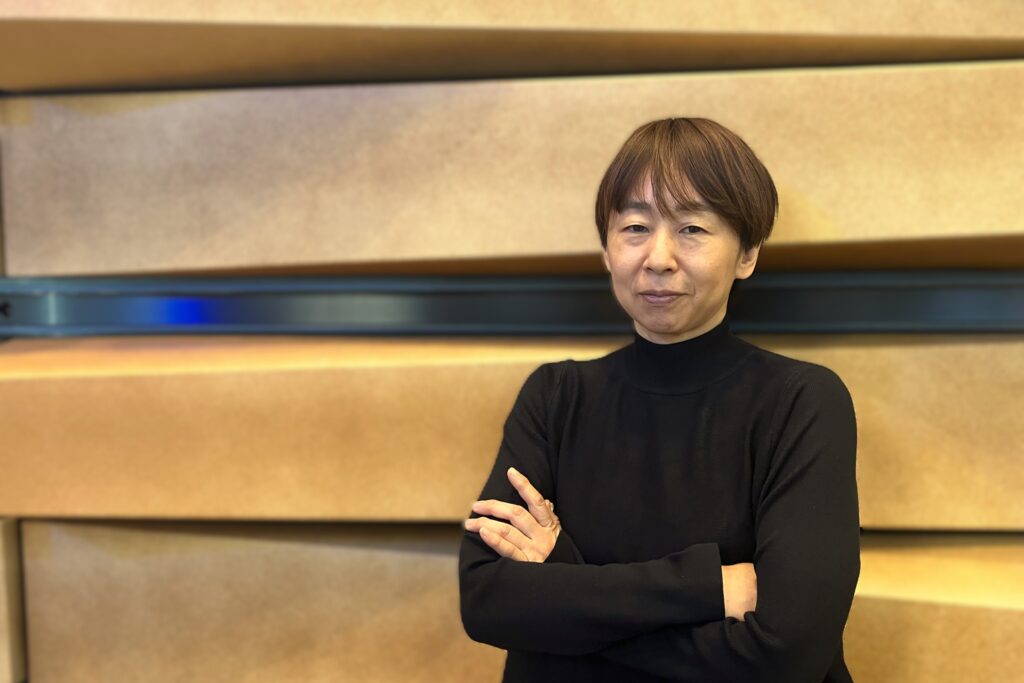Education creates the foundation of society. Reexamining the role of education and teachers
We interviewed Naoki Yamamoto, a researcher at the Japan Research Institute and project leader of the project "Research, Development and Dissemination of Educational Approaches to Overcome the Cycle of Poverty, Disparity and Abuse," about his experiences, awareness of issues and what prompted him to start the project. The project page isHere

An era in which new roles for schools and teachers are being called into question
The major social issues we are addressing in the SMBC Kyoto University Studio project are "poverty, inequality, and abuse," and we are trying to approach these issues through education. For example, breaking the cycle of abuse means that sadly, children who are currently being abused will not abuse their own children when they become parents. Since it takes decades for a child to become a parent, this is an issue that needs to be addressed in the medium to long term.
In the field of education, I have a strong interest in "school teachers" as individuals, not as roles. Until now, schools have been divided into regular teachers and non-regular teachers.(*)Currently, there is a shortage of non-regular teachers in particular, which creates a chain of problems such as a lack of teachers and long working hours.
(*) Non-regular teachers are teachers who have a set employment period. Many people become non-regular teachers because they find it difficult to work full-time for some reason or because they have not passed the teacher recruitment exam.
Overlapping experiences in developing countries and at cram schools
After graduating from university, I was involved in the launch of a startup that aimed to solve poverty and inequality issues while creating business opportunities in developing countries. While working with microfinance institutions to sell products in rural areas, I often wondered, "Why isn't the goodness of this product being conveyed?" There were problems with the product and its marketing, but I realized that what we were trying to say was not being conveyed well in the first place. It was at this time that I realized the importance of raising the basic literacy of consumers, in other words, the importance of learning.
So I joined a cram school to improve the resolution of my learning. At the cram school, I was in charge of measuring and developing basic social skills and non-cognitive abilities, which are not the traditional type of memorization or academic ability. I discussed with teachers at the school and helped to spread and promote the system within the school, but it did not spread within the school I was in charge of. Even if I introduced examples of successful cases at other schools, I could not even use them as reference because the context and situation are different. From there, I learned the importance of taking into account the role and regional characteristics of each school, as well as the history and culture of the school, and I went to graduate school to study educational anthropology.
I then moved to the Japan Research Institute, where I met Professor Nishioka. Hearing about "Education for Living," an attempt to address poverty, inequality, and abuse through education, overlapped with the importance of learning that I felt in developing countries in my twenties. On the other hand, I know very well from my experience at a cram school and in my master's research that no matter how good something is, there are barriers to spreading it widely. In this project, I would like to use my past experiences and failures to devise a way to reach more children.
I want to convey to society the inherent appeal of being a teacher and the value of education.
The impact that schools can have on children who are struggling with poverty, inequality, abuse, and other difficulties may only be a small part of the picture. Nevertheless, I believe that schools have the potential to have a positive impact on children's lives. At Ikuno Minami Elementary School (now Tajima Minami Elementary and Junior High School), teachers on the ground thought about how they could help the students in front of them, created lessons, and "education for living" was born. I think that being inspired by the students in front of you and creating new learning for them while accompanying them is the essential appeal of the teaching profession. I feel that the "craftsmanship" demonstrated at that moment is a sign that teachers will rediscover their fulfillment and find new roles. I would like to clarify through practice what kind of accompanying with teachers who create lessons, school organizations, and educational administration will lead to continuing to nurture new challenges in the field.
In addition, "Living Education" is a valuable theme that allows stakeholders with different positions and interests, such as companies, NPOs, school teachers, and local governments, to share their awareness of the issues. We hope to provide society with an opportunity to discuss future learning and the role of schools in a closer relationship and to reaffirm the value of education.



